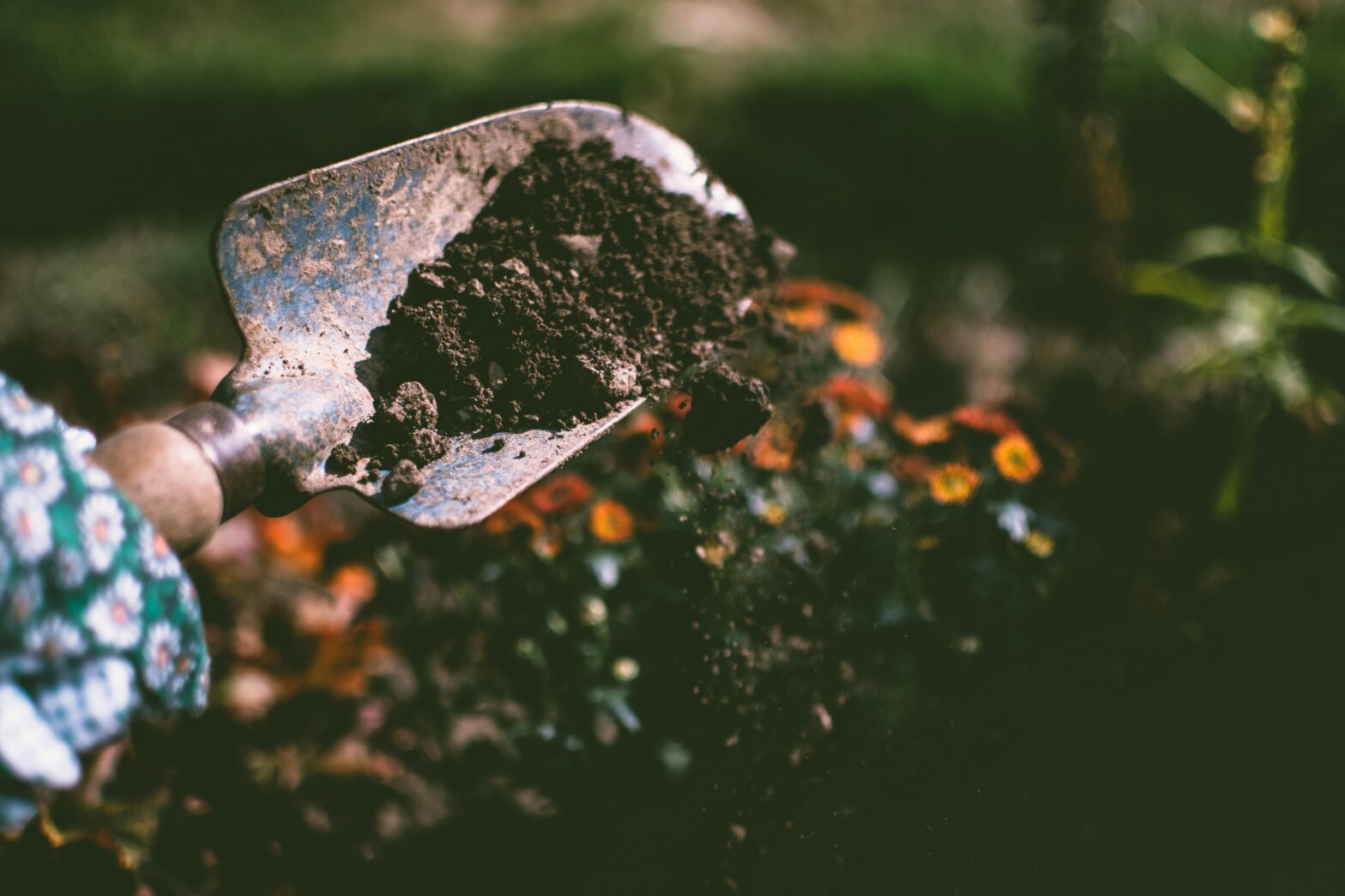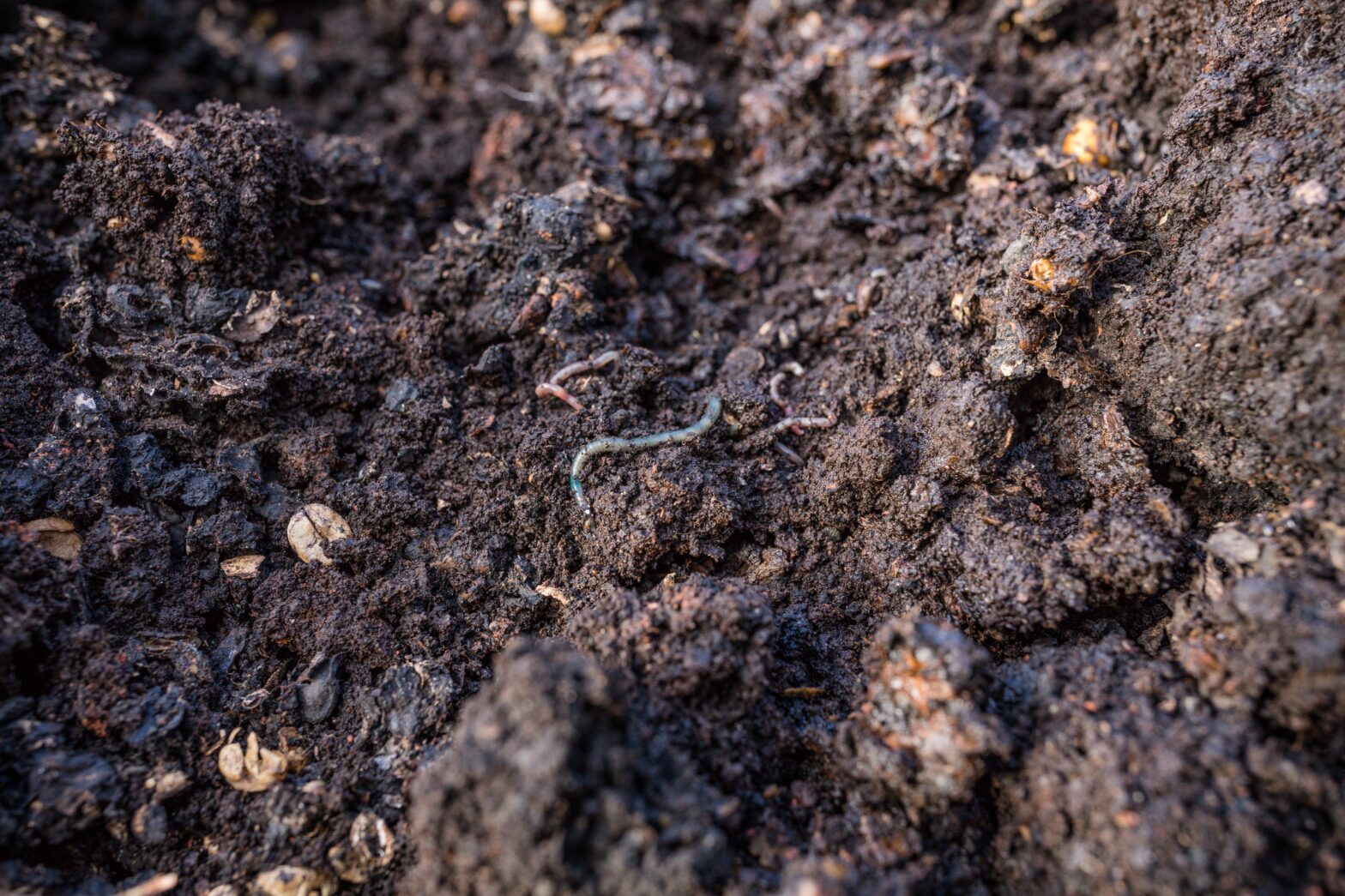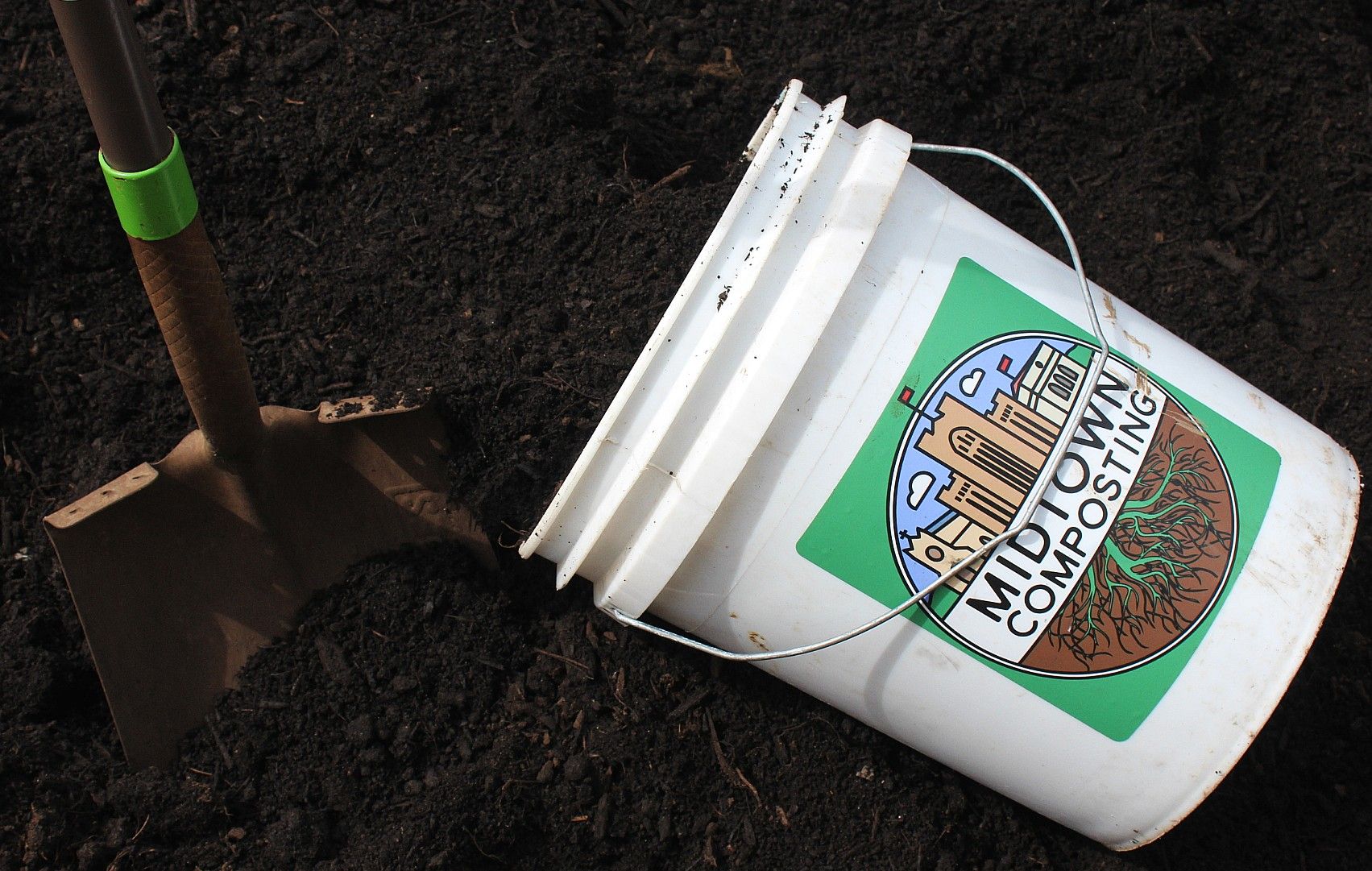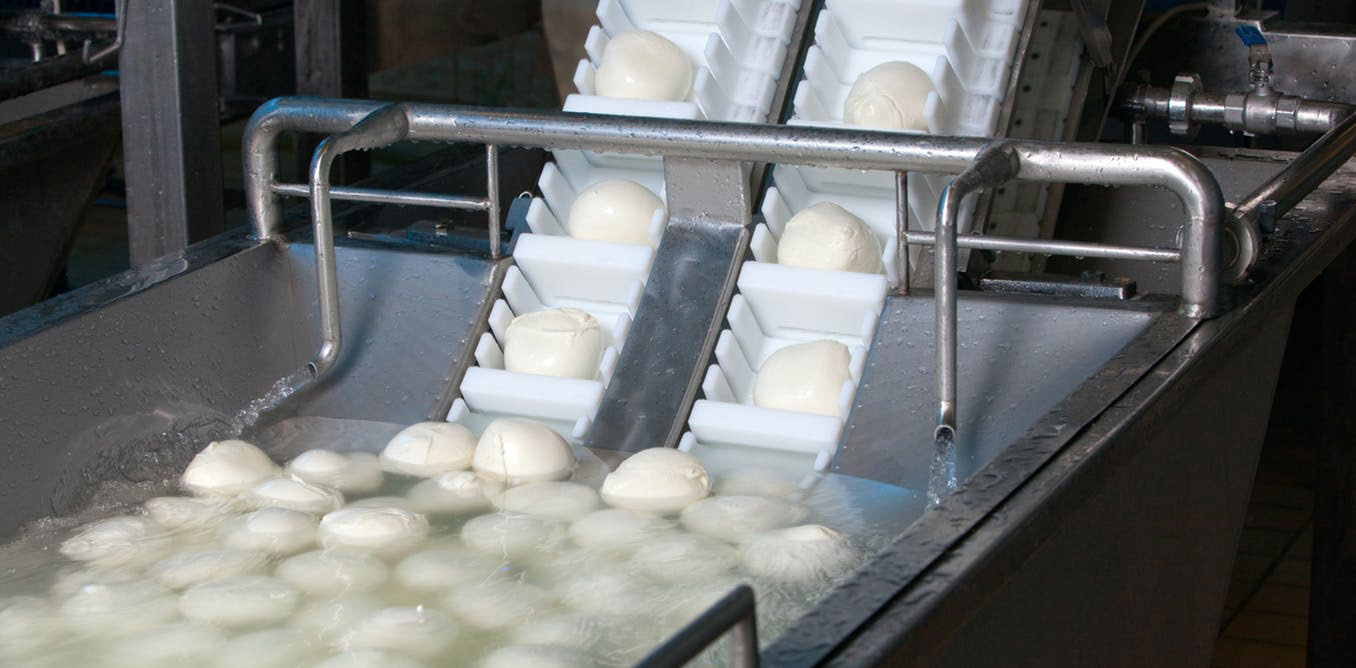And with temperature increases in warmer climates brought on by climate change, we’re seeing an increase in plant diseases. Certain crops yield lower in extreme heat as well.
Category: Compost
Different Types of Compost
Commercial compost has both A and B grades that you can order. Grade A compost is sifted to a finer degree than Grade B compost. Grade A compost is also said to be free of seeds.
At Home Guide to Gardening
Rather than spraying conventional pesticide, neem oil can be a great natural alternative to conventional pesticides if you’re experiencing pests in your garden.
A Review of the New Netflix Documentary, “Kiss The Ground”
The documentary is all about the importance of soil, and more specifically, how we can take care of the soil, so the soil will take care of us.
Why Composting is the Most Important Thing You Can Do for the Environment
America wastes nearly twice as much food as other developed countries, a total of 122 billion pounds of food waste each year.
Michigan Aims to Recycle More and Send Less Waste to Landfills
Currently Michigan’s recycling rate is currently at 15%, more than half the national average recycling rate.
Your Guide to At-Home Composting
If your greens to brown ratio is off your compost pile will begin to smell, and will be more likely to attract animals and bugs. The proper green to brown ratio will ensure that your compost pile does not smell and is also hot enough to decompose. Your greens include things like grass clippings and food scraps. Your browns include things like dry leaves, paper, cardboard, straw, sawdust, and wood chips. Generally, a 4:1 browns…
What Composting Looks like in South Korea
Today recycling materials are picked up for free and all other trash has a fee calculated by the size and number of bags. Today people in South Korea generate around 3 quarters of a pound of waste a day, and a family in Seoul spends about 6 dollars a month composting.
How Much of a Difference does Compostable Packaging make?
Compostable containers still take an extremely long time to break down and often times don’t fully break down with regular compost. One of the biggest differences between compostable packaging and organic matter is that compostable packaging does not break down in your backyard compost bin the same way organic matter does. This means compostable packaging often has to be taken to industrial composting facilities, where the energy output to get these compostable containers to break down is much greater than that of regular organic matter. However
One way to reduce food waste: Use it to make soil healthier
According to the U.S. Environmental Protection Agency, the United States generates over 39 million tons of food waste yearly. Strawberries rot on the vine for lack of labor to pick them. Food spoils during transport, at the grocery store or in our homes. More is lost during processing, due to inefficiencies and lack of markets for byproducts.









